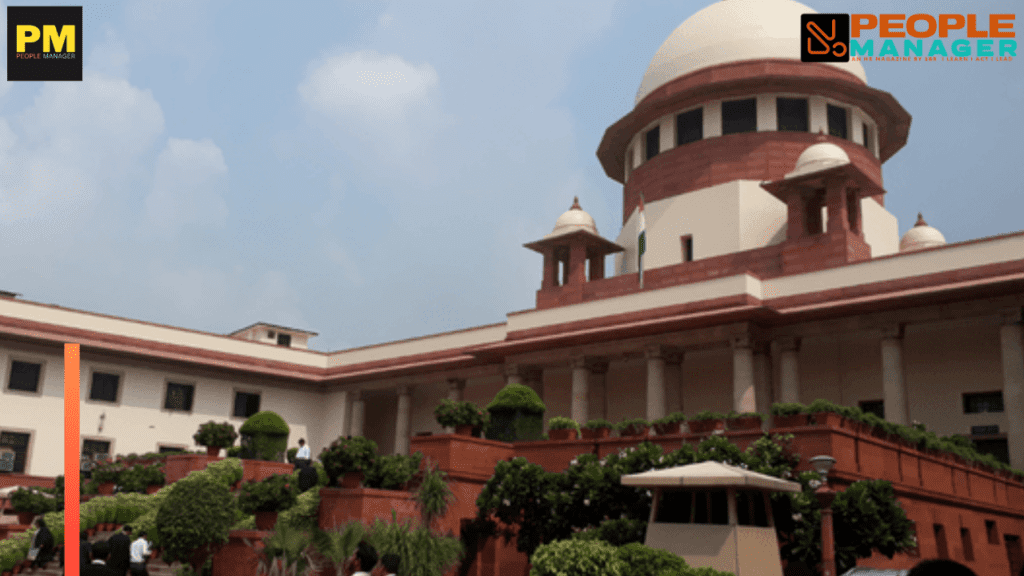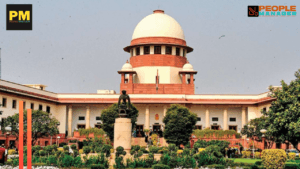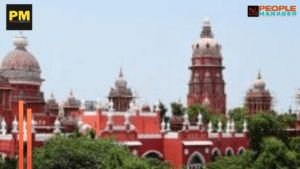Landmark Supreme Court Verdict Upholds Women’s Right to Childcare Leave
In a landmark ruling, the Supreme Court declared that two-year childcare leave, alongside mandatory maternity leave, is a constitutional right for women employees. The bench, led by Chief Justice D Y Chandrachud, emphasized that denying such leave forces women to resign. The decision came following Shalini Dharmani's plea, a Himachal Pradesh assistant professor, whose child requires constant care. The court directed the state to establish a committee for policy review.

In a significant ruling that underscores the constitutional rights of women employees, the Supreme Court of India has declared that a two-year childcare leave, in addition to the mandatory 180-day maternity leave, is a constitutional right that cannot be denied. The bench, led by Chief Justice D.Y. Chandrachud and Justice J.B. Pardiwala, emphasized that denying such leave is tantamount to forcing women to resign from their jobs.
The case came to the court’s attention through Shalini Dharmani, an assistant professor at a government college in Himachal Pradesh. Dharmani, represented by her counsel Pragati Neekhra, is the mother of a child with a rare genetic disorder requiring frequent surgeries and constant attention. Despite exhausting her existing leaves, the Himachal Pradesh government had declined to grant her childcare leave, citing the absence of a specific provision in the state’s service rules similar to Section 43-C of the Central Civil Service (Leave) Rules.
The bench expressed disapproval at the lack of such a provision in Himachal Pradesh, remarking, “Participation of women in the workforce is not a privilege but a constitutional mandate. Childcare leave subserves an important constitutional objective: to make women part of the workforce. Otherwise, mothers will be left with no option but to quit their jobs to look after their children in critical phases of their lives.”
In response to the situation, the Supreme Court directed the Himachal Pradesh government to promptly establish a high-level committee chaired by the chief secretary. This committee would include secretaries from the departments of social welfare and women and child welfare. Their task is to thoroughly review the issue of childcare leave for women employees.
The court instructed the committee to collaborate with relevant Union ministries and submit a report by July 31, recommending an appropriate policy decision regarding the inclusion of childcare leave for women in the state’s service rules. Meanwhile, acknowledging Dharmani’s urgent circumstances, the court urged the Himachal Pradesh government to consider granting her extraordinary leave to care for her son, afflicted with osteogenesis imperfecta (brittle bone disease), until a final decision is reached.
This landmark verdict has far-reaching implications for women’s rights in the workplace, particularly for those juggling the dual responsibilities of career and motherhood. It underscores the need for policies that support women’s participation in the workforce while also acknowledging and accommodating their roles as mothers. The ruling sets a precedent for other states to follow, potentially leading to more inclusive and supportive workplace environments for women across the country. It is a significant step forward in the ongoing struggle for gender equality in India.
Stay tuned, to PropleManager.co.in for further updates on the evolving workplace paradigm.
Value our content… contribute towards our growth. Even a small contribution per month would be of great help to us. Since our establishment, we have been serving the industry through daily news and updates.
Our content is free for all, and we plan to keep it that way
Support the People Manager. Pay Here
- FUJITRANS Corporation names Vinay Tanwar as Head – HR, India - January 16, 2026
- Duroflex Group Appoints Arkadeb Chakraborty as Chief HR Officer - January 16, 2026
- CEAT Limited Appoints Rahul Gama as SVP – Human Resources - January 16, 2026









